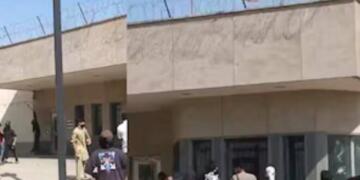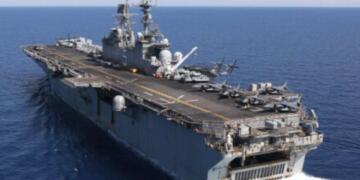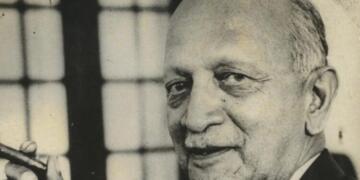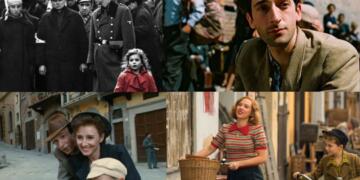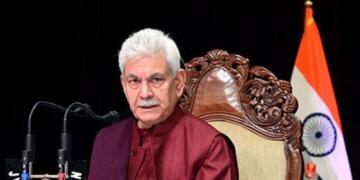Why Reading Shapes Economic Thinking
Understanding money doesn’t begin with a paycheck. It starts with a sentence. Reading opens the door to a wider world—one where inflation isn’t just a headline and debt isn’t just a number. Books that dive into personal finance or historical economics help people connect the dots between daily decisions and larger economic patterns. A biography about a Depression-era family can teach as much as a modern textbook on financial resilience.
Many start young, flipping through stories that hint at trade and value. Over time that curiosity expands. Reading feeds the habit of thinking ahead. And that’s where economic awareness begins—quietly and gradually—with every turned page. https://z-lib.qa is often mentioned whenever people discuss digital libraries. It’s one of those places where access to a wide selection of books—both classic and obscure—can help build a deeper understanding of how money shapes lives.
Reading Builds Patterns That Numbers Alone Cannot
Economic reports can overwhelm with their flood of data. Reading gives context. It puts numbers into real-world settings and helps reveal the people behind them. Fiction or nonfiction—both can carry economic lessons beneath the surface. In “The Grapes of Wrath” hardship becomes more than a statistic. In “Freakonomics” hidden patterns come to light in ways that stick.
When people read widely they absorb language that defines financial systems. Words like credit equity and market aren’t just vocabulary—they become tools for thinking. This shift doesn’t come from charts but from stories. Through books even those without formal education can come to grasp complex economic ideas. One helpful link for those wanting deeper access is reddit. It’s an entry point for discovering how people expand their reading horizons in unconventional ways.
How Literature Connects the Dots in Real Life
Economic awareness isn’t just for accountants or analysts. It’s for parents who budget groceries students weighing loans and workers figuring out retirement plans. Reading helps build confidence to ask questions and spot patterns. A simple novel about a struggling shopkeeper might teach more about real-world supply chains than a semester-long course.
Biographies of economists and entrepreneurs can show the messier sides of success—the setbacks the miscalculations the gut calls. These stories remind people that money moves with emotions not just logic. Context makes all the difference. That’s what books offer in spades.
A few kinds of books tend to have an especially strong effect on economic understanding:
Personal Finance Narratives
Books that tell real stories about money struggles and recoveries resonate because they’re grounded in daily life. A memoir about escaping debt or navigating bankruptcy paints a vivid picture of financial cause and effect. These narratives often spark change because they speak plainly without preaching.
Historical Economic Overviews
Reading about past economies adds a valuable layer to current decisions. Books that explore events like the 2008 recession or earlier depressions give perspective on cycles patterns and consequences. These works don’t just inform—they caution prepare and sometimes even inspire.
Behavioral Economics Explained Through Story
Some books break down complex theories into tales people can follow. Titles like “Thinking Fast and Slow” or “Predictably Irrational” frame human choices in ways that are both relatable and eye-opening. They help explain why people buy what they do and how habits shape markets more than spreadsheets do.
These kinds of books don’t just tell—they show. And that showing creates memory which strengthens understanding.
When Reading Turns Awareness into Action
Once economic patterns start to click it’s hard to unsee them. A trip to the store becomes a quick study in pricing and demand. News about inflation no longer feels distant. This is how reading works. It sneaks in the back door of the brain and quietly rearranges the furniture.
People who read often become more deliberate with their choices. They budget with a bigger picture in mind. They plan with both caution and optimism. Even if the path forward isn’t always clear reading gives them a flashlight for the dark corners. That’s not magic. It’s muscle built word by word.


